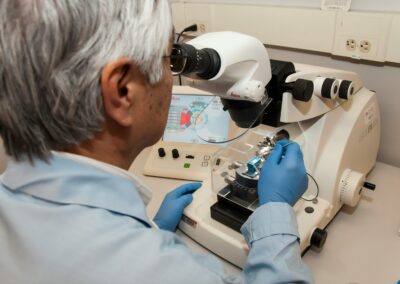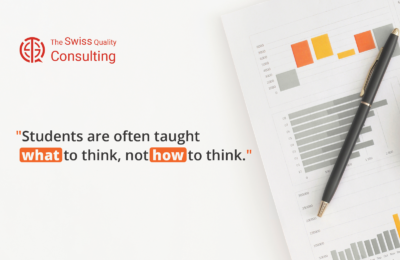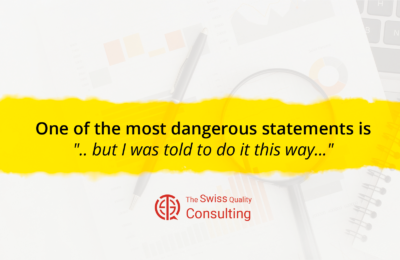The Power of Critical Thinking: Questioning Beliefs and Seeking Truth
“Just because you believe something doesn’t make it true.” This thought-provoking statement underscores the importance of critical thinking and the need to evaluate our beliefs and convictions. In a world filled with diverse perspectives and information, it is crucial to examine our beliefs, challenge assumptions, and strive for a deeper understanding of the truth.
Beliefs are deeply ingrained in the human experience. They shape our identities, influence our decisions, and guide our actions. Whether they are rooted in religion, culture, upbringing, or personal experiences, our beliefs often serve as a lens through which we interpret the world. However, the mere act of believing in something does not necessarily validate its truth or accuracy.
Critical thinking is the process of objectively and systematically evaluating information, arguments, and beliefs to determine their validity and reliability. It involves questioning assumptions, seeking evidence, and being open to alternative viewpoints. This intellectual discipline is essential for making informed decisions, solving problems, and navigating an increasingly complex and interconnected world.
In the age of the internet and social media, information flows at an unprecedented pace, making it easier than ever for misinformation and falsehoods to spread. Critical thinking acts as a defense against the allure of sensationalism and confirmation bias. It encourages us to verify information from multiple sources, consider opposing viewpoints, and weigh evidence before accepting or rejecting a belief.
One area where critical thinking is particularly valuable is in the realm of science and empirical inquiry. Scientific progress relies on the rigorous application of the scientific method, which is fundamentally rooted in critical thinking. Scientists form hypotheses, conduct experiments, collect data, and subject their findings to peer review and scrutiny. Through this process, scientific knowledge evolves and refines itself, continually striving for a more accurate understanding of the natural world.
Religion, philosophy, and ethics are other domains where the importance of critical thinking cannot be overstated. These fields involve profound questions about the nature of existence, morality, and the meaning of life. While deeply personal and meaningful, beliefs in these areas should not be exempt from critical examination. Encouraging critical thinking within religious and philosophical contexts can lead to a deeper, more nuanced understanding of one’s faith and values.
Furthermore, critical thinking is a vital skill in democratic societies where citizens are expected to make informed decisions about their governance. Evaluating political candidates, policies, and social issues requires the ability to critically assess arguments and evidence. Informed citizens who engage in thoughtful discourse contribute to the vitality of democracy.
It’s important to note that critical thinking is not synonymous with skepticism or cynicism. While it involves questioning, it also involves an open-minded and fair evaluation of evidence. Critical thinking does not necessitate the rejection of all beliefs but rather encourages us to differentiate between beliefs that are supported by evidence and those that may lack a solid foundation.
Moreover, critical thinking can enhance our interpersonal relationships. It fosters empathy and understanding by encouraging us to consider the perspectives and beliefs of others. Instead of immediately dismissing someone with differing views, critical thinking prompts us to engage in constructive dialogue, finding common ground and opportunities for growth.
“Just because you believe something doesn’t make it true” is a reminder of the importance of critical thinking in our personal and collective lives. By actively engaging in critical thinking, we can navigate the complexities of the modern world, make well-informed decisions, and contribute to the pursuit of truth and understanding.























